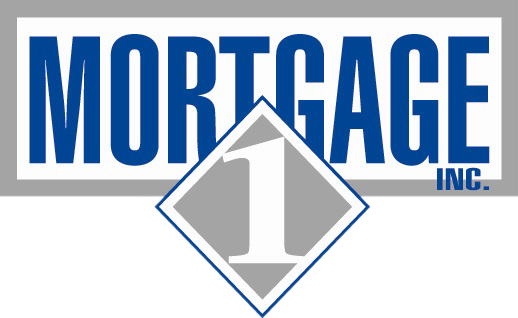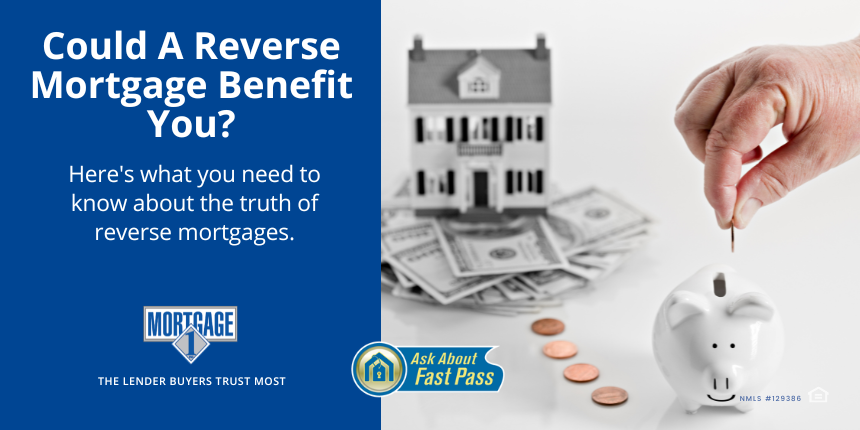
Are You a Michigan Homeowner Struggling with Financial Woes? Help Is Available.
August 29, 2022
The Mortgage Process Explained in 6 Easy Steps
October 13, 2022If you’re a homeowner over 62 and looking for some extra cash, is a reverse mortgage the answer? We uncover the pros and cons of the reverse mortgage.
Watch daytime TV and you’ll almost certainly find a commercial that goes something like this:
“Do you own your own home? Are you over 62? Would you like more money? Then get a reverse mortgage! The bank will give you money and you don’t have to do a thing! Plus, you’ll still own your own home!”
These make reverse mortgages seem too good to be true at best and a scam at worst. But the truth is that reverse mortgages can be legit – some are even backed by the FHA. Some, on the other hand, are indeed scams. Let’s investigate the truth behind reverse mortgages.
| Is a Reverse Mortgage Right For You? It can take expert help to unravel this complex topic. Call a Mortgage 1 loan expert at 1-866-532-0550 or use our Pro SNAP digital app to find out if a reverse mortgage is the right fit for your needs. |
What Is a Reverse Mortgage?
It’s no secret that prices are going up and times are tight. For retired homeowners, this can make staying on budget or meeting unexpected expenses even more difficult – especially if they rely on Social Security and pension payments for their main monthly income. In technical speak, most of their assets are in their home. Unfortunately, those assets can’t help pay the bills.
Reverse mortgages are designed to alleviate this situation. Essentially, they allow you to borrow a set amount that’s secured by your home’s equity. This can be paid in a lump sum, in monthly or other term payments, as a line of credit, or in a combination. Like other equity-based loans, you still own the house; unlike other loans, you don’t make any regular payments to the lender. You pay back the loan amount when you no longer live in the house (i.e. you move or sell the house).
Are Reverse Mortgages Scams?
Some can be; be wary of unsolicited reverse loans offered by contractors, real estate agents, and house flippers. However, most reverse mortgages are actually Home Equity Conversion Mortgages (HECMs). These are regulated by the Federal Housing Administration (FHA) and require you to use an FHA-approved lender.
4 Things to Know About Reverse Mortgages
Aside from the age requirement, there are some things to know about HECMs:
- The house you’re mortgaging has to be your primary residence. You don’t have to own it outright, but you do need substantial equity.
- Financial counseling is a must. Before you get an FHA-approved reverse mortgage, you’ll need to meet with financial counselors to ensure you understand all this loan type entails.
- There are fees. There’s no such thing as free money. In addition to the interest you’ll pay for your reverse mortgage, expect to pay loan origination fees as well as upfront and ongoing mortgage insurance premiums. Depending on your agreement with the lender, these may be rolled into your loan amount and will fall due when you no longer live in the house. But you will have to pay them eventually.
- There are no monthly payments – but you still might go into foreclosure. If you break the terms of your mortgage agreement (usually by neglecting to pay property taxes, seriously falling behind on home maintenance, or moving out of your home permanently), your home could go into foreclosure.
Learn More About Reverse Mortgages
Are all reverse mortgages scams? Definitely not. Are any reverse mortgages free money? Also definitely not. But they can be a sound financial move in some circumstances. To learn if reverse mortgages are for you, contact your local Mortgage 1 loan expert today.





